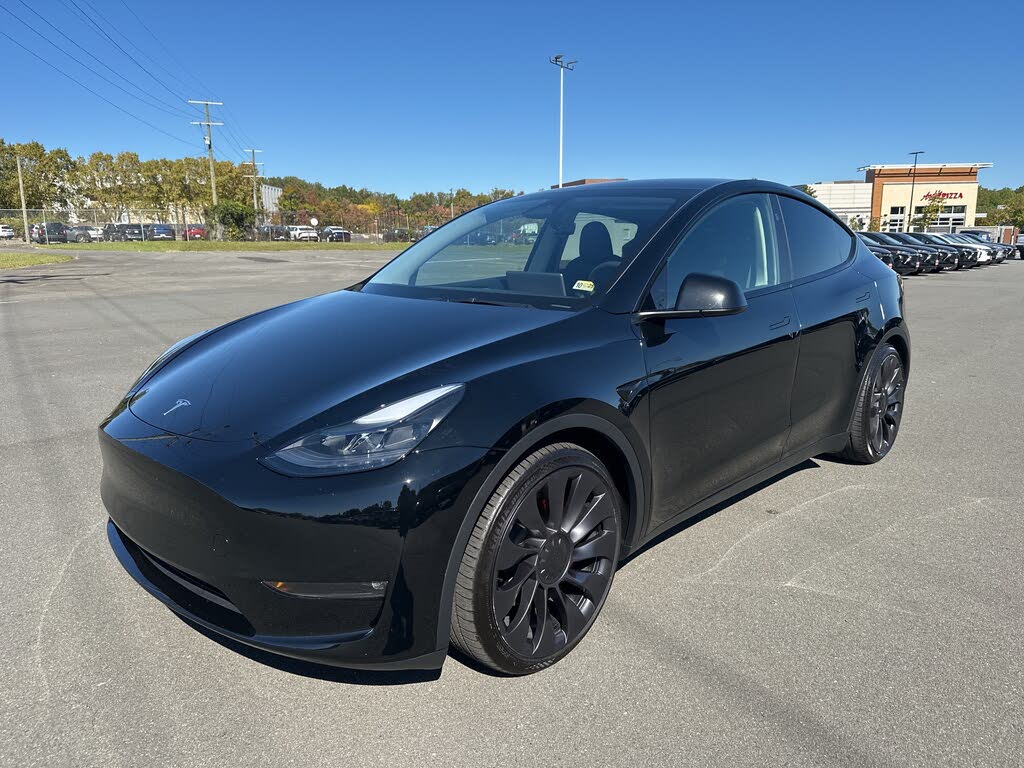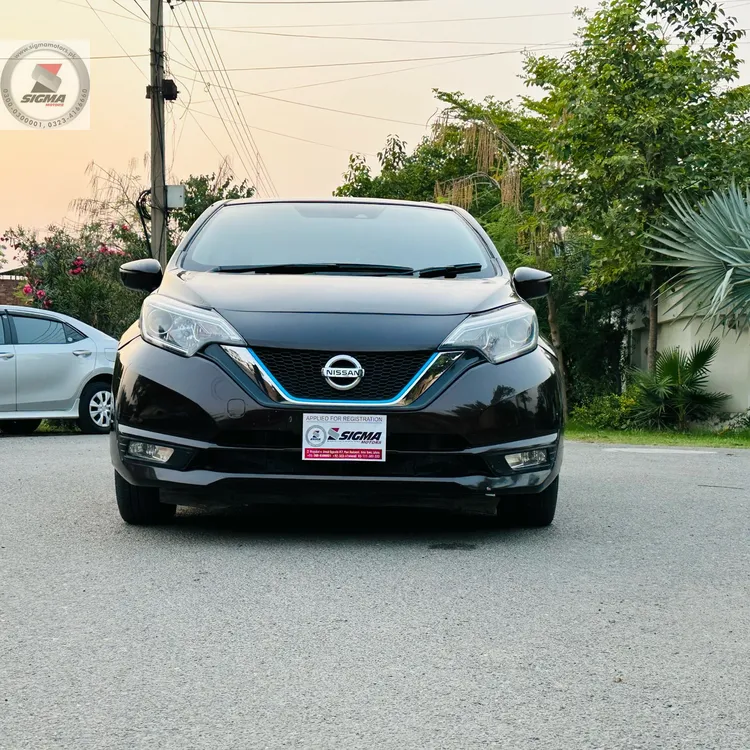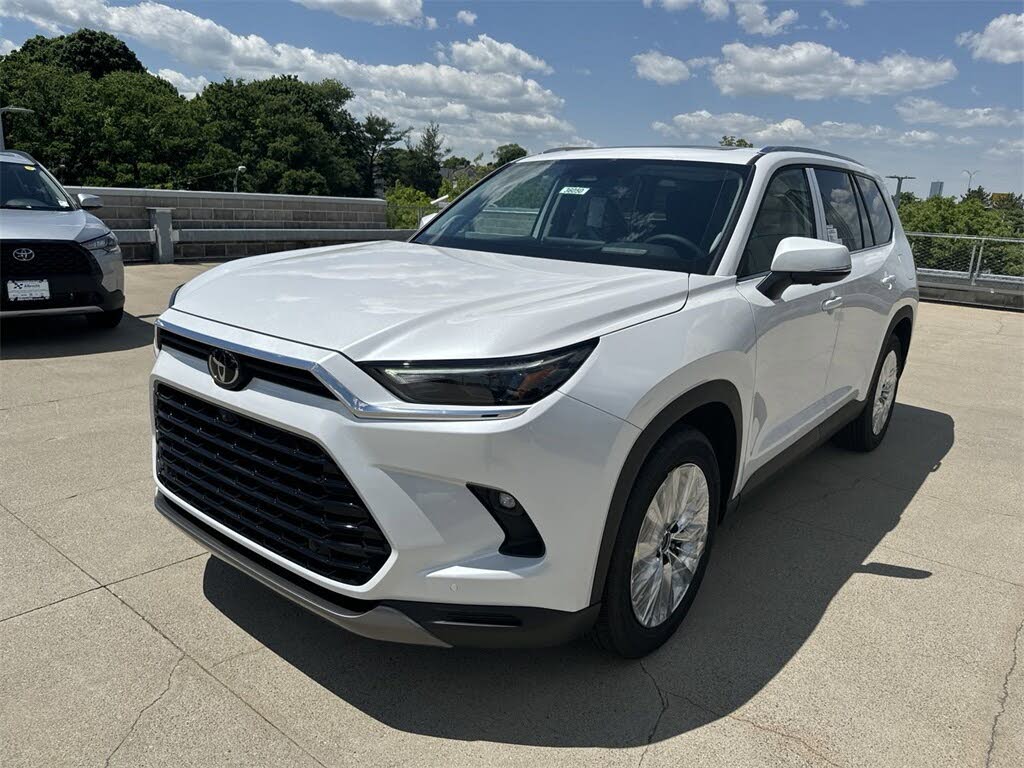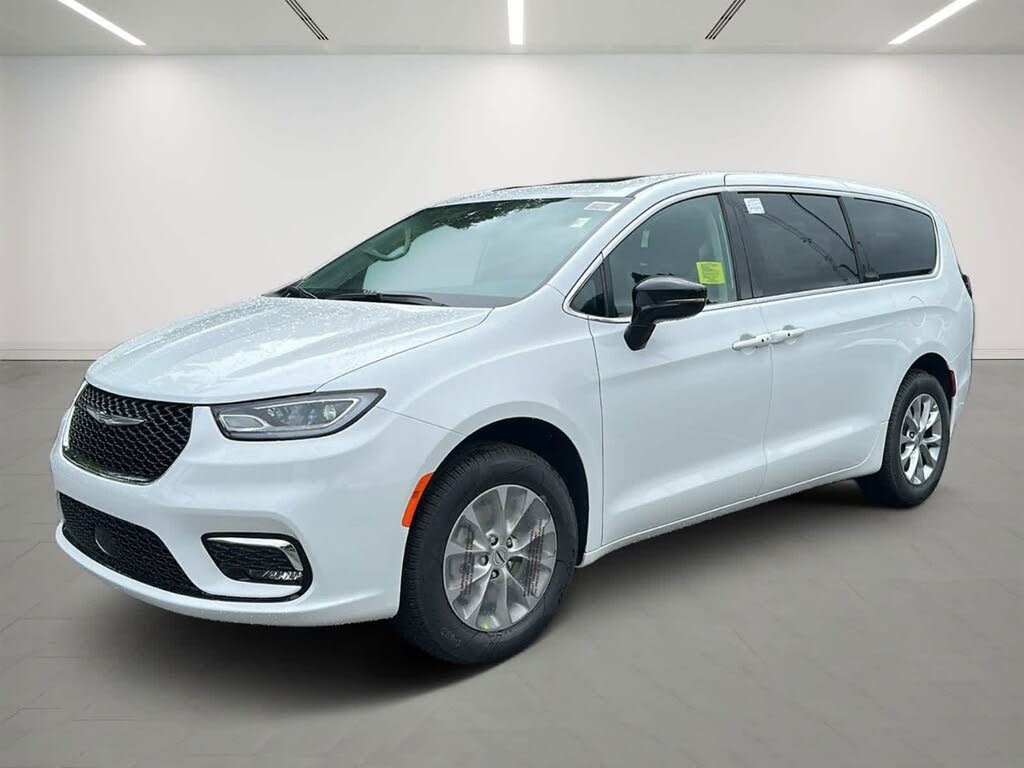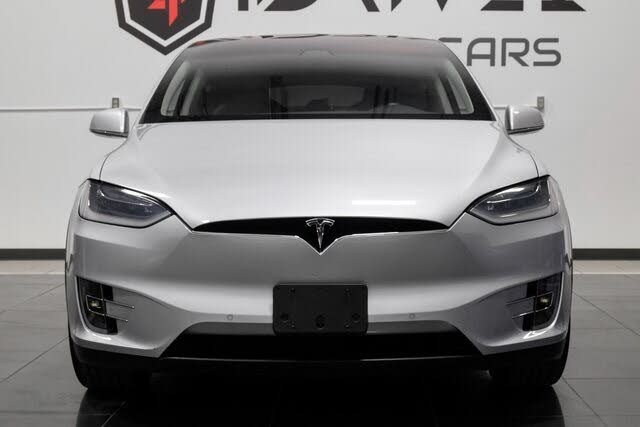Impact of Trump Administration’s Tariff Proposals on the Automotive Industry
Tariffs are taxes imposed on imported goods that are typically paid by the importer. While they serve to protect domestic industries by making foreign goods more expensive, they can also disrupt the global supply chain, particularly in the automotive industry. The MotorVero team takes a closer look at how proposed tariffs under the Trump administration could significantly affect the prices of new cars and vehicle components, and why these tariffs are causing concern for manufacturers and consumers alike.
Automotive companies, which often rely on highly international supply chains, face increased production costs when tariffs are implemented. As a result, the cost is usually passed on to consumers through higher vehicle prices or even reduced availability of certain models. For potential car buyers, the shifting landscape of trade tariffs poses an uncertain future for vehicle pricing, especially when dealing with imports from countries like Mexico, China, and European nations. Below is an in-depth breakdown of the key regions impacted by these tariff proposals.
--TOP ADVERTISEMENT HERE--
North America: Mexico and Canada’s Role in the U.S. Automotive Market
Trade with Canada and Mexico is critical to the U.S. automotive market. In 2024, approximately $173 billion worth of vehicles, automotive parts, and engines were imported from Mexico alone, while Canada is home to numerous assembly plants for major U.S. carmakers. Vehicles produced in these two countries are often imported to the U.S. under the terms of the U.S.-Mexico-Canada Agreement (USMCA), a trade deal negotiated during the first Trump administration.
Any tariffs imposed on these goods could violate the USMCA agreement, potentially making imported vehicles and components from these countries more expensive. This may result in higher prices for popular vehicles like trucks, SUVs, and sedans that are frequently built in Mexico and Canada. The automotive industry is already sensitive to price fluctuations caused by tariff changes, and the effects of new tariffs would only exacerbate existing challenges in supply chains.
--FIRST CONTENT ADVERTISEMENT HERE--
The Impact of New Tariffs on U.S.-Canada and U.S.-Mexico Trade
On January 31, 2025, White House Press Secretary Karoline Leavitt confirmed that a 25% tariff on goods imported from Canada and Mexico would go into effect on February 1, 2025. This tariff increase has been justified by President Trump as a response to broader concerns about trade imbalances and issues related to immigration and illegal drugs. Critics argue, however, that such moves may ultimately undermine the very trade relationships that have been cultivated under the USMCA.
Vehicle Models Likely Affected
The tariff proposal is set to affect a wide array of vehicles that are assembled in Canada and Mexico, including models from automakers like Ford, GM, and Toyota. These include popular options in the mid-size and luxury car markets, as well as heavy-duty pickup trucks, which have been the primary export products of Mexico to the U.S. Automakers would be forced to adjust their pricing strategies in response, passing on the higher costs to U.S. consumers.
--SECOND CONTENT ADVERTISEMENT HERE--
China: The Ongoing Trade Tensions and Its Impact on Car Imports
China remains one of the most significant players in global trade, and the U.S.-China trade relationship continues to be a focal point for tariffs. Under the previous administration, the Biden administration had already implemented substantial tariffs on Chinese electric vehicles (EVs) and other green energy components. In line with these tensions, President Trump has continued to target China in his efforts to address what he perceives as unfair trade practices and national security risks.
On January 31, 2025, the Trump administration announced an additional 10% tariff on all Chinese imports, including automotive parts and non-electrified vehicles. This tariff is scheduled to take effect on February 1, 2025, and is expected to raise prices on a wide range of goods, including cars manufactured in China. Chinese electric cars, which are becoming increasingly popular in the U.S. market, will likely be among the hardest hit by these new tariffs.
--FORTH CAR LIST HERE--
Electric Vehicles and Plug-in Hybrids: A Special Focus
Electric vehicles (EVs) and plug-in hybrids have gained considerable traction in the U.S. market over the past few years, with several Chinese automakers attempting to tap into the lucrative American market. The additional tariffs on these vehicles could lead to a significant increase in prices, making them less competitive against domestically manufactured EVs. For car buyers seeking affordable green vehicles, the impact of these tariffs could be detrimental.
--THIRD CONTENT ADVERTISEMENT HERE--
Europe: Trade Deficits and Potential Tariffs on EU-Made Vehicles
Europe is home to some of the most well-known automakers, including BMW, Audi, and Mercedes-Benz. The EU is also a key player in the global automotive supply chain, exporting billions of dollars' worth of vehicles and parts to the U.S. annually. However, President Trump has long criticized the trade imbalance between the U.S. and the European Union, and his administration has hinted at imposing tariffs on European automotive goods as part of a broader effort to address the U.S.-EU trade deficit.
On January 21, 2025, Trump reiterated his stance on EU trade, emphasizing that the U.S. has a significant trade deficit with Europe, and threatening to impose tariffs on all EU-made automotive goods. While no specific details regarding the implementation of these tariffs have been provided, industry experts are already bracing for potential increases in the cost of European vehicles and components in the U.S. market.
Germany and Italy: The Likely Targets
Germany and Italy are two of the most significant contributors to U.S. vehicle imports. The impact of additional tariffs could be severe for German automakers like Mercedes-Benz, Audi, and BMW, as well as Italian brands such as Ferrari and Lamborghini. These luxury cars and high-performance vehicles may see price hikes, diminishing their appeal to U.S. consumers who already face rising vehicle costs due to other trade-related factors.
--BOTTOM ADVERTISEMENT HERE--
Global Impact: Broader Tariff Proposals Affecting Multiple Countries
Beyond the immediate impacts on North America, China, and Europe, President Trump has also proposed tariffs on goods from other countries, including India, Brazil, and Colombia. These nations play a critical role in the global supply chain for automotive components, ranging from tires and batteries to fuel systems and interior fittings.
India and Brazil: The Emerging Threats
On January 28, 2025, Trump described India, Brazil, and China as “tremendous tariff makers,” suggesting that their trade practices were unfavorable to U.S. interests. While no specifics were provided regarding potential tariffs on goods from India or Brazil, the mere mention of these countries as targets signals the possibility of future trade restrictions. Brazil, in particular, is a significant supplier of automotive parts, including batteries and electronic components.
Colombia: A Temporary Trade Dispute
Trump also briefly threatened to impose 25% tariffs on Colombian goods in January 2025 over a dispute regarding migration policies. Though this was later rescinded following negotiations, Colombia’s automotive component industry remains an important contributor to the global supply chain, producing parts such as tires and electronic components. Any future tariffs on Colombian goods could disrupt the supply of these parts to U.S. manufacturers.
Potential Global Tariffs on Critical Components: Chips and Semiconductors
One of the most significant ongoing concerns for the automotive industry is the availability of computer chips and semiconductors. These components are essential for nearly every modern car, from powertrains to infotainment systems. Most of these chips are imported from countries like Taiwan and South Korea, but President Trump has expressed interest in imposing tariffs on these imports as part of his broader plan to boost U.S. production.
Impact of Chip Shortages and the Potential Tariff Increase
Tariffs on semiconductor imports could further exacerbate the already strained automotive industry, which is still recovering from pandemic-related chip shortages. As automakers compete for limited supplies of semiconductors








